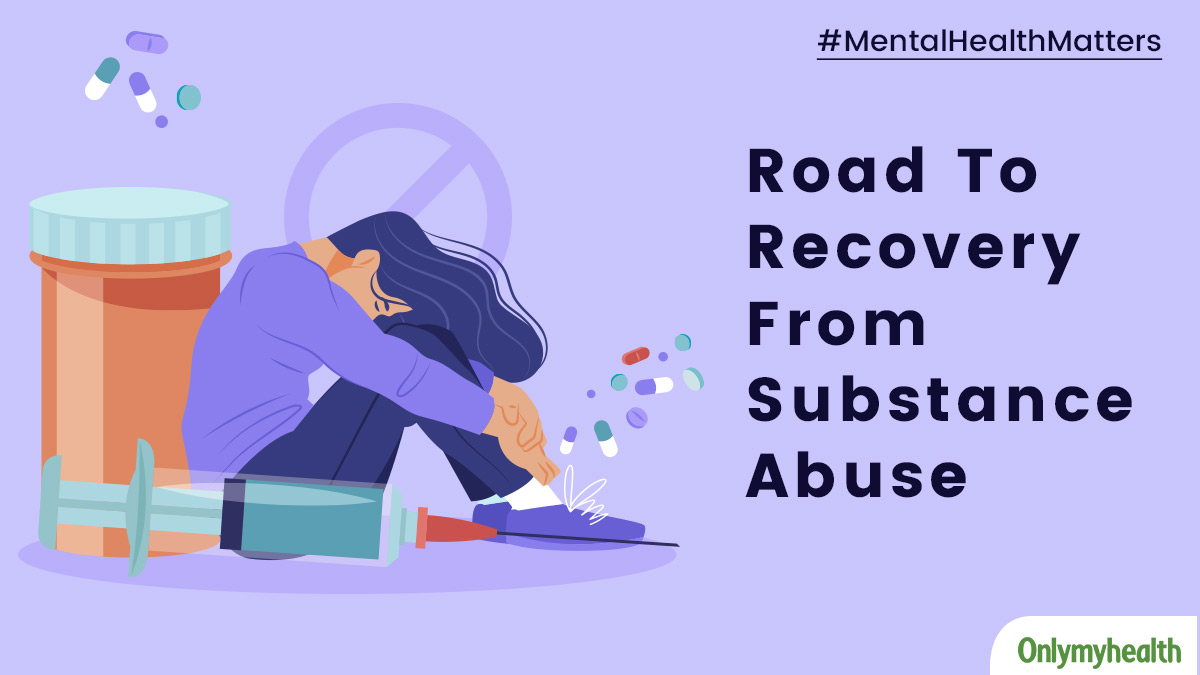
Have you ever felt overwhelmed by the pressures of life, seeking solace in substances that provide temporary relief but ultimately take a toll on your well-being? The stress of work, relationships, and personal expectations can create a breeding ground for substance abuse, becoming a crutch to numb the pain or escape the pressures we face. But there is hope, and there are strategies that can help.
Table of Content:-
Dr Chandni Tugnait, Psychotherapist, Life Coach, Business Coach, NLP Expert, Healer, Founder and Director, Gateway of Healing, shared some practical ways for dealing with substance abuse and fostering mental wellness.
What Is Substance Abuse

Dr Tugnait said, “Substance abuse can be one of the most challenging experiences that a person can go through. It is the harmful or hazardous use of psychoactive substances, including drugs and alcohol. It can lead to various negative physical, emotional, and social consequences. There are various factors, such as genetics, environmental influences, and psychological issues, that can contribute to it.”
How To Promote Mental Wellness For Recovery?
Dr Tugnaid added that mental health issues can contribute to substance abuse and can also be affected because of it. Therefore, it is crucial to simultaneously address both addiction and mental health issues. Here are some measures that should be followed:

Holistic Treatment Approaches
Holistic treatment approaches aim to treat the whole person and not just the addiction. This may include alternative therapies, such as colour therapy, acupuncture, talk therapy, hypnotherapy, yoga, and lifestyle changes like exercise and healthy eating habits.
Also Read: MentalHealthMatters: Can Food Reduce Stress? Know In Detail How It Works
Coping Mechanisms and Relapse Prevention Techniques
Dr Tugnait said that coping mechanisms help individuals manage triggers and cravings, reducing the likelihood of relapse. These may include mindfulness techniques, distraction techniques, and cognitive-behavioural therapy. Developing a solid support system, including friends, family, and support groups, is also essential.
Importance of Support Systems
Dr Tugnait said that support systems are essential in the treatment of substance dependence. They can offer emotional support, encouragement, and accountability. Family and friends can help, but it's also important to seek professional treatment, such as from therapists and addiction counsellors.
Therapy and counselling can help individuals work through underlying mental health issues that may contribute to addiction. This includes individual therapy, group therapy, and family therapy.

Importance of Self-Care Practices
Self-care practices can help improve mental wellness and reduce stress. This may include exercise, meditation, gratitude, journaling, and spending time in nature. It's essential to prioritise self-care and make it a regular part of your daily routine.
Mindfulness and Meditation Techniques
Dr Tugnait highlighted that mindfulness and meditation techniques can help individuals develop a greater awareness of their thoughts and emotions. This can help them better manage stress and anxiety and reduce the risk of relapse. Mindfulness and meditation can be practised through various techniques, including breathing exercises and guided meditations.
Also Read: #MentalHealthMatters: What Is Obsessive Compulsive Disorder, Explained By Psychologist
Message From The Expert
Dr Tugnait said, "Managing substance abuse and promoting mental wellness can be challenging, but it's important to remember that effective strategies are available. Holistic treatment approaches, coping mechanisms, and support systems can help individuals manage their addiction, while self-care practices, therapy, and mindfulness techniques can help improve mental wellness."
She also said that it is essential to seek help and support if you or a loved one is struggling with addiction or mental health issues. Remember that with the correct strategies and support, recovery is achievable.
Disclaimer
The information in this article is provided by the expert. However, we recommend you consult with your expert if you or people whom you know are addicted to substance abuse.
Also watch this video
How we keep this article up to date:
We work with experts and keep a close eye on the latest in health and wellness. Whenever there is a new research or helpful information, we update our articles with accurate and useful advice.
Current Version